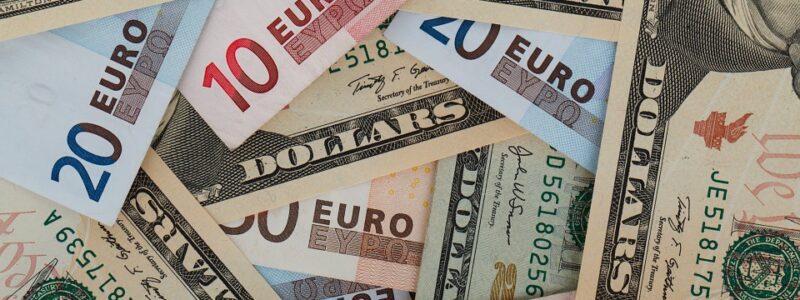
The US dollar is depreciating against the euro, yen and pound sterling in trading on Wednesday, the market awaits the results of a two-day meeting of the Federal Reserve System (Fed).
Traders have no doubt that the rate will be increased by 75 bp following the November meeting. for the fourth time in a row, and their focus is on statements by Fed Chairman Jerome Powell on the further pace of policy tightening.
Signals of persistent inflationary pressures require the US Central Bank to continue to raise rates, but some of its leaders have already made it clear that they consider it necessary to slow down the rate of increase and assess the economic consequences of earlier measures, The Wall Street Journal notes.
Many economists warn of the risks of the Fed tightening too much, which could trigger a severe economic downturn.
“The Fed will have to think about policy adjustments at the November meeting. They are trying to ‘cool’ the economy, not lead it to a deep freeze,” said KPMG chief economist Diane Swank, quoted by the WSJ.
Experts polled by Bloomberg expect the Fed to slow down the rate hike in December to 50 bp, after which it will raise it two more times by 25 bp. at the beginning of 2023.
The ICE-calculated index, which shows the dynamics of the dollar against six currencies (the euro, the Swiss franc, the yen, the Canadian dollar, the pound sterling and the Swedish krona), is losing 0.2% on Wednesday, the broader WSJ Dollar – 0.24%.
The euro/dollar pair is trading at $0.9893 at 9:00 AM, compared to $0.9874 at the market close on Tuesday.
The US dollar against the yen fell to 147.52 yen against 148.24 yen in the previous session.
The pound rose to $1.1510 from $1.1482 on Tuesday.
The Bank of England is also holding a meeting this week, its results will be made public on 3 November. Experts expect the British Central Bank to raise the base rate by 75 bp. – until 3%. The Bank of England did not raise the rate by more than 50 bp. since 1989, notes FT.